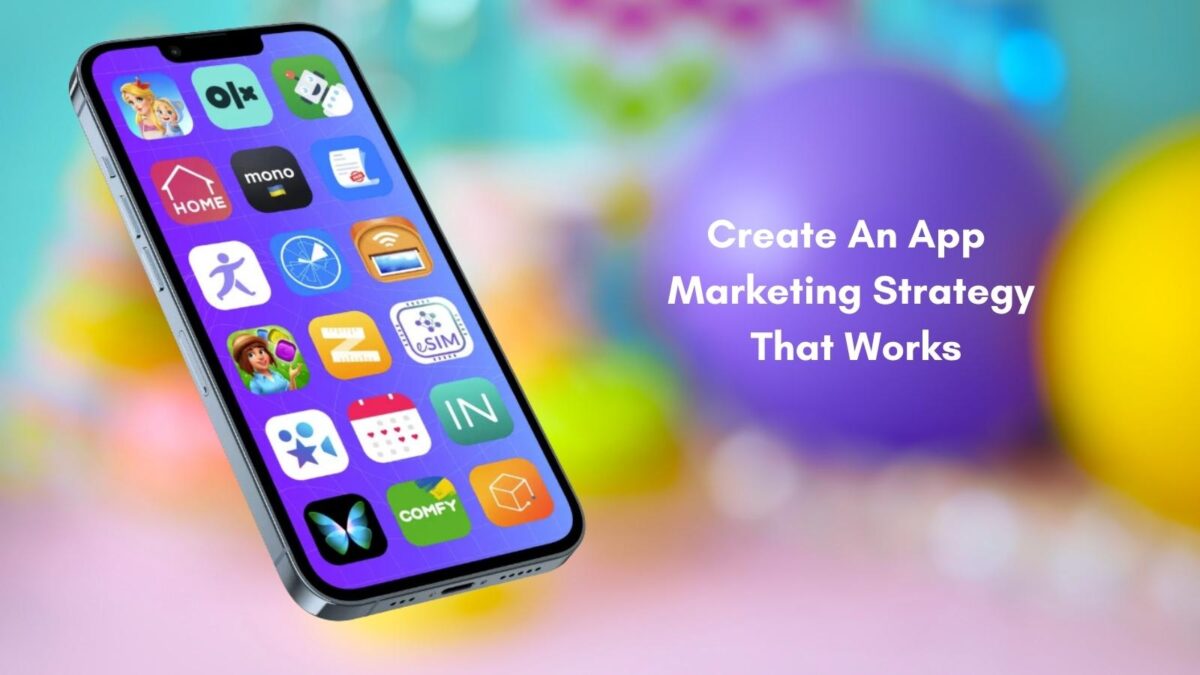In today’s ever-evolving digital landscape, customers have countless options for purchasing products. To stay ahead of the competition and reach a wider customer base, mastering multichannel B2B eCommerce has become crucial for businesses with ambitious growth goals. In this article, we will delve into the world of multichannel eCommerce platforms. This post will discuss the reasons to adopt it, share the best multi-channel eCommerce software, and more.
Table of Contents
What Is A Digital Commerce Strategy?
Multichannel eCommerce is a digital commerce strategy that involves utilizing multiple channels simultaneously. This can include online platforms, B2B marketplaces, mobile applications, brick-and-mortar stores, traditional advertising campaigns, third-party distribution channels, and more.
However, according to a study by Accenture, 73% of B2B buyers prefer a mix of channels when making purchasing decisions.

The Power of Multichannel Madness
Meet Customers Where They Play: Did you know that 75% of B2B buyers use three or more channels to research and make purchase decisions? By mastering the multichannel game, you can be where your customers are.
Whether it’s online marketplaces, social media, or brick-and-mortar stores, diversifying your channels will increase your chances of connecting with potential buyers. It’s like throwing a party and making sure everyone’s invited.
Boost Sales and Revenue: Multichannel businesses experience an average of 38% higher purchase frequency and a 120% higher customer retention rate than single-channel businesses. It’s like having a trusty squadron of salespeople working around the clock, capturing leads, and closing deals.
By leveraging multiple channels, you expose your products to a broader audience, increasing the likelihood of capturing those precious sales.
Stay Ahead of the Curve: The business world is evolving faster than a caffeinated cheetah. To keep up, you need to be flexible and adapt. Multichannel eCommerce platforms allow you to stay ahead of competitors by embracing emerging technologies and consumer trends.
It’s like strapping on a rocket to your business’s backside. Whoosh.
Multichannel Strategies for B2B eCommerce Success
Embrace Online Marketplaces: Online marketplaces like Amazon Business and Alibaba have become B2B hotspots, attracting buyers from various industries. Selling on these platforms exponentially expands your reach and taps into a ready-made customer base. It’s like having your products showcased in a bustling eCommerce mall.
Create Your eCommerce Website: A well-designed, easy-to-navigate eCommerce website is like having a digital storefront that never closes. It allows B2B buyers to browse your offerings, access product information, and quickly place orders.
Oh, and remember to optimize it for mobile devices. A mobile-friendly site is the secret weapon for capturing customers on the go.

Reasons Why B2B Stores Needs Multichannel eCommerce
Diversify and De-risk: B2B companies understand the importance of diversification. By selling on multiple channels, businesses reduce the risk of relying solely on one channel for revenue generation. According to a report by BigCommerce, companies that sell through various channels experience 190% higher revenue growth than those that operate through a single channel.
Seize New Opportunities: Just as B2C companies like Home Depot and OfficeMax have successfully adopted B2B sales channels, B2B businesses can tap into the B2C market through a B2C sales channel.
Using a B2C commerce platform, B2B companies can acquire new customers who may initially make small B2C purchases before engaging with a sales rep. Therefore, this strategy opens up new avenues for growth and opportunities for expansion.
Enhance Brand Recognition and Reach: Implementing a multichannel eCommerce approach, such as adding a B2C channel, can significantly improve brand recognition. By widening their reach into existing and entering new markets, B2B sellers can reinforce their brand and increase their visibility.
Hence, this is particularly important in today’s competitive business landscape.
More Reasons Why
Different Multichannel eCommerce Strategies: When adopting a multichannel eCommerce model, businesses can employ several strategies based on their goals and target audience:
B2B Only with Referral for B2C: Historically, this was a common strategy involving restricted access to detailed product information unless a visitor contacted the company and established a business account. However, this approach may have turned away potential B2C customers and created friction for B2B buyers.
B2B and B2C on the Same Website: With this strategy, a single website and web store serve B2B and B2C customers. Visitors can view the product catalog, and B2B customers with established accounts can access additional information and personalized pricing. Therefore, this approach allows for different checkout and shipping options based on the customer’s status.
Standalone B2C Website: In this approach, a separate B2C website allows for a customized purchase path, catering to B2C customer expectations and business needs. Operating multiple websites can be managed effectively with the right multichannel eCommerce software.
Key Multichannel eCommerce Platform System Features for Merchants
- Marketplace Integration: Integrating with major online marketplaces like Amazon and eBay for seamless product and customer data transfers.
- Listing Automation: Efficiently managing product data across different online channels and agencies.
- Inventory Management and Synchronization: Ensuring real-time updates and accurate inventory tracking across all channels.
- Workflow Automation: Automating repetitive tasks like order processing, sales promotions, and bulk editing for catalogs.
- Warehouse Management: Optimizing inventory organization, picking, packing, and transferring between warehouses for streamlined order fulfillment.
- Analytics and Reporting: Providing insightful business data to make informed decisions and drive growth.
Final Thought
Mastering multichannel B2B eCommerce is a crucial strategy for businesses to thrive in today’s competitive market. By adopting effective multichannel eCommerce software and implementing the right strategies, businesses can diversify revenue streams, reach a wider customer base, and increase brand recognition.
Now, embrace the opportunity to conquer the eCommerce landscape with a witty, diverse, and versatile multichannel approach. Are you using a multichannel eCommerce system? I’d love to hear about it in the comments below.
- How To Stop Instagram Spam Comments Fast: Quick Fixes - February 12, 2026
- Facebook Page Posts in 2026– Who Sees Them Anymore? - February 12, 2026
- Fedica for LinkedIn: Schedule, Recycle, and Track Posts in One Place - February 11, 2026



